Our impact
Pancreatic cancer is a cancer that successive governments have left behind. But our voices count.
We’ve stood together and had a massive impact so far across the UK.

Did you know that 7 in 10 people with pancreatic cancer never receive treatment? Not even chemotherapy. And that more than half of people die within three months of diagnosis? It’s shocking, and it’s shameful.
Right now, this is a cancer that successive governments have left behind. Survival rates for pancreatic cancer are among the worst in Europe, and the world.
A lack of sustained funding means that even once their cancer is detected, people with pancreatic cancer don’t get the same level of treatment and care that’s in place for other cancers.
Many face long delays both before and after getting their diagnosis confirmed, reducing their chance of having potentially life-saving treatment.
Pancreatic cancer is a cancer that successive governments have left behind. But our voices count.
We’ve stood together and had a massive impact so far across the UK.
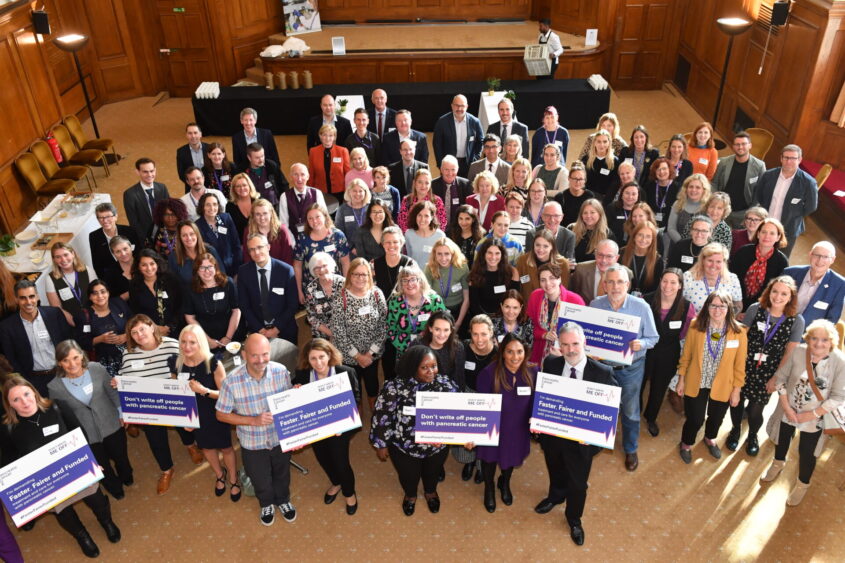
Nicola’s dad died on 8th November 2020 aged 67, just 12 weeks after diagnosis. He spent seven of these weeks waiting for his treatment to start.
“When Dad was diagnosed with pancreatic cancer, he was told he was the ‘perfect chemo candidate’. But after being given his chemo schedule, he waited and waited. Dad was still strong when he was diagnosed, but his treatment didn’t come fast enough. If his chemo had started earlier, maybe we would have had a chance to do more things with Dad. Just a bit more time.”
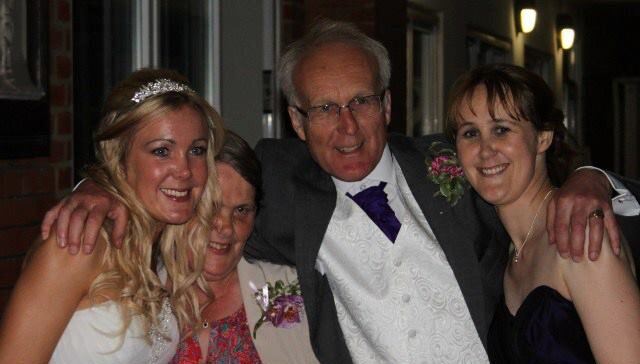
But does pancreatic cancer have to be a death sentence? No.
With faster diagnosis and treatment, more people will have a chance to survive. And with better care, those with a terminal diagnosis can spend more time creating precious memories with loved ones.
People with the deadliest cancer deserve the best treatment. With a faster, fairer treatment and care journey for people with pancreatic cancer, survival for pancreatic cancer could be transformed.
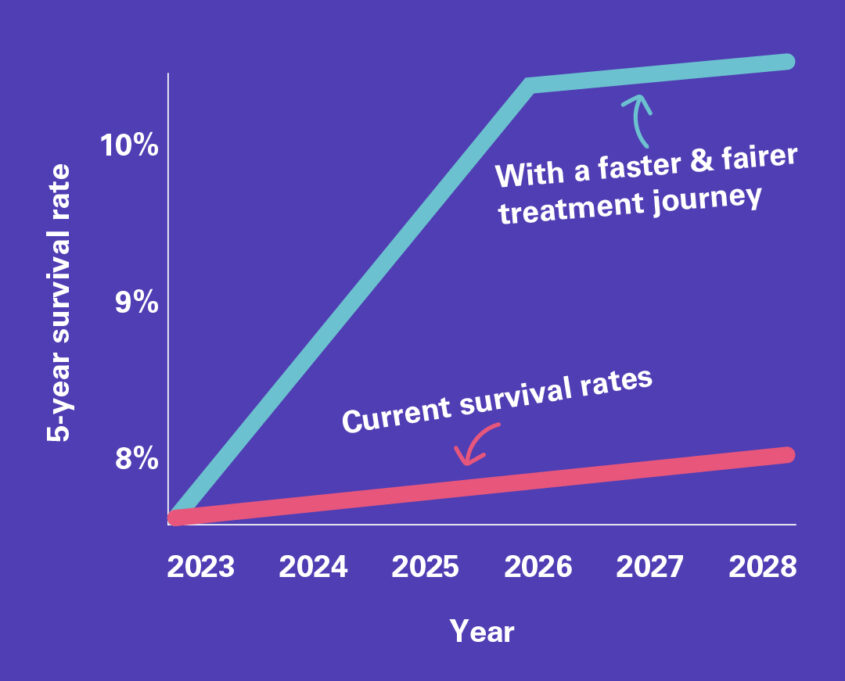
We’re calling on governments across the UK to urgently fund a faster, fairer treatment and care journey for people with pancreatic cancer – so the NHS can give them the best chance of survival.
This journey must be:
Faster: Diagnosis within 21 days of being sent for tests, and treatment within 21 days of diagnosis.
Fairer: Expert care and support for everyone, no matter where they live, or their chance of survival.
Funded: Governments must provide sustained funding to make these changes possible, so more people can be saved.
The Scottish Government has committed to improving pancreatic cancer survival in its new cancer strategy. But we need this and similar strategies to be funded and implemented across the UK.
Find out what we’re calling for in more depth, including our calls to action across all four UK nations.
Mary was walking home from work when she was struck with extreme tiredness. She was also experiencing an itchiness all over, but explained it away. Later, when two people noticed her eyes were yellow, she rang her doctor.
Mary’s symptoms were spotted straight away. She got her diagnosis within 48 hours and had surgery just 10 days later to remove the cancer.
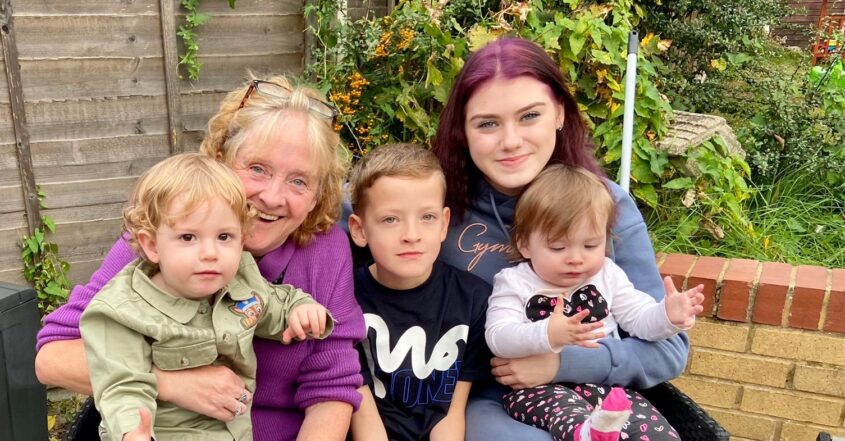
Mary considers herself to be one of the lucky ones. But it shouldn’t be down to luck. And it doesn’t have to be.
With faster diagnosis and treatment, more people like Mary will have a chance to survive.
My medical team kept me informed throughout and told me what to expect. After five months of chemotherapy, I was told I was cancer-free. It’s now been two years and I’m still receiving amazing support.
More than 300 patient representatives and health professionals from across the UK have joined our charity to lay out what needs to change to transform diagnosis, treatment and care for everyone facing pancreatic cancer.
Current NHS targets are too slow for people with pancreatic cancer. Read our campaign report to see what we believe an Optimal Care Pathway for people with pancreatic cancer should look like.
See our health professional hub for more information about the role that local systems and specialist centres can play in making this new pathway a reality.
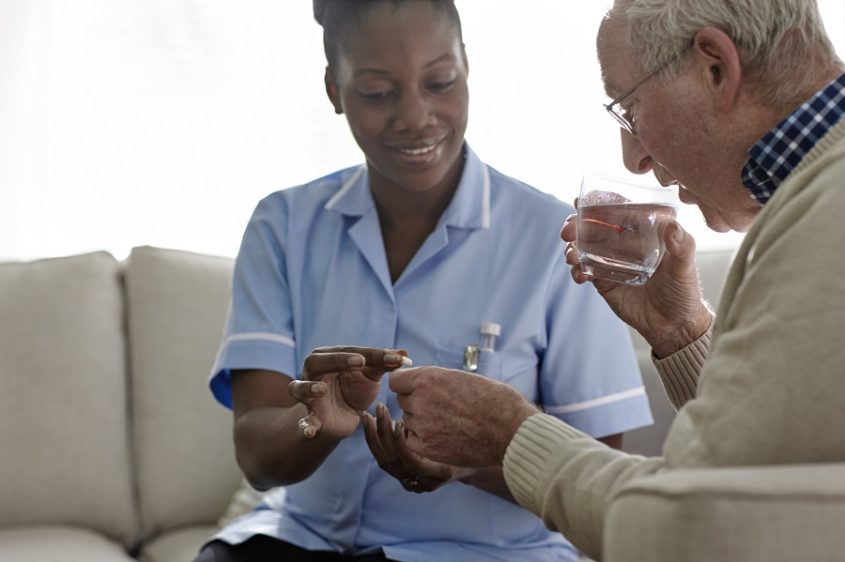
Almost 5,000 people with pancreatic cancer could live longer, if shockingly low treatment rates were tackled through an improved care pathway, according to our new analysis.
